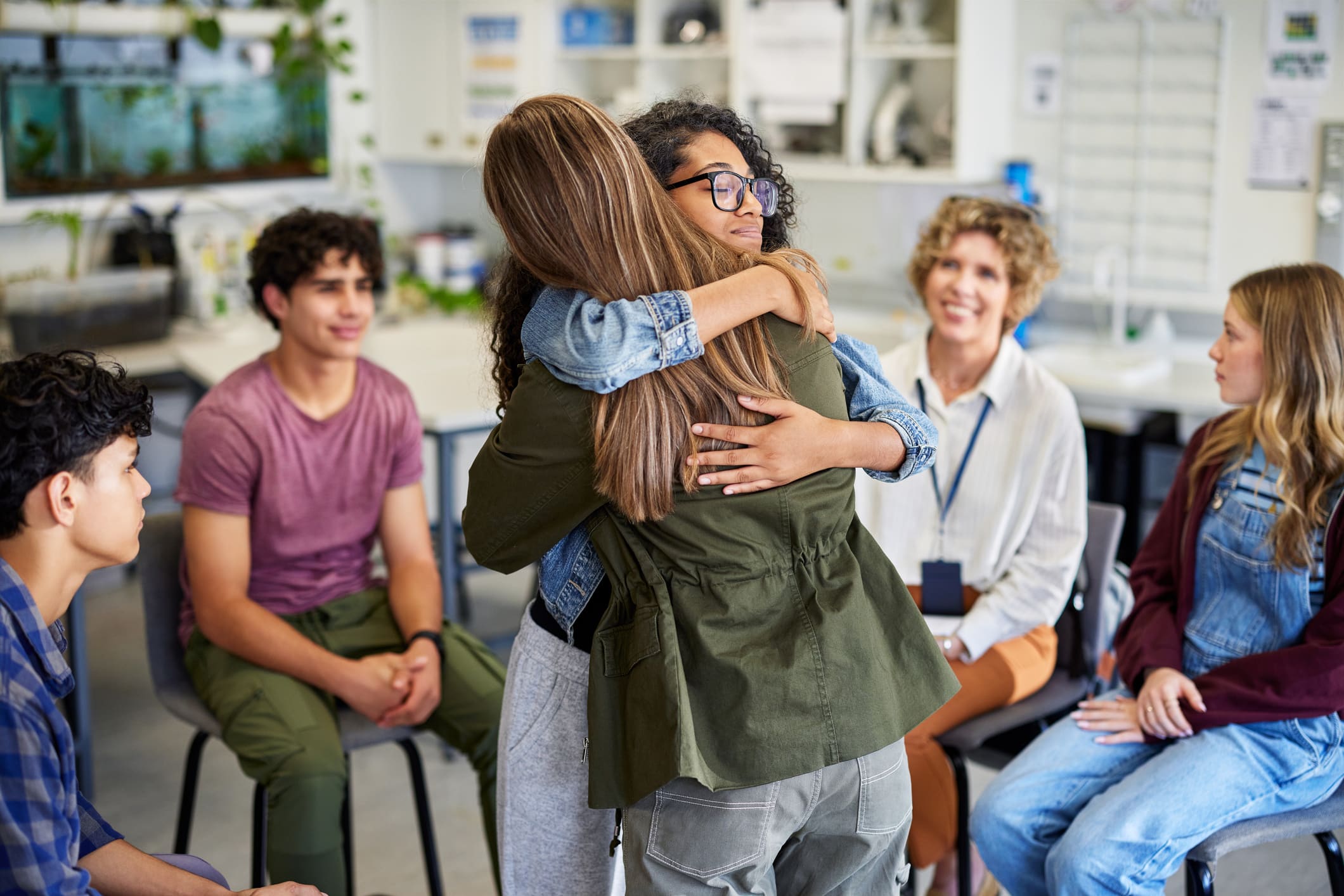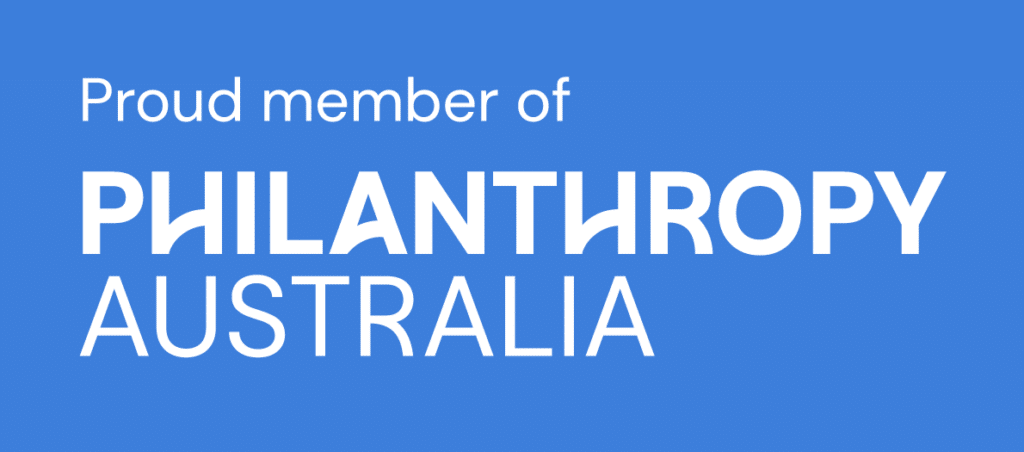The Power of Peer Support in Recovery for Teens and Young Adults
Peer support is a powerful tool for teens and young people who are recovering from addiction or drug dependency. By taking part in youth-led groups and conversations, young people can meet peers who have had similar experiences and are walking a similar journey to recovery.
There are many forms that peer support can take, and many ways it can benefit teens and young people on the path to get well.
How Peer Support Aids Recovery
Peer support is when people give and receive support based on their shared experiences.
There is limited evidence that peer support reduces mental health symptoms. However, it can still be an important tool in recovery. (1)
Teens and young people experiencing drug dependence or addiction can face shame and stigma when speaking about their experiences in society. This is where peer support can be useful. Speaking to other young people who have had a similar experience can benefit those who take part by:
- Giving them hope and empowerment
- Increasing their sense of connection
- Reducing loneliness
- Reducing self-stigma around issues of substance use and mental health.
For young people, finding youth-led groups or support tailored to their age group can increase this sense of community and connection. (2)
Types of Peer Support for Young People
Peer support can be professional or informal. Informal peer support is a mutual relationship between people who have similar experiences (2).
This could look take place in common interest groups or meetups, like sober clubs or social groups, or virtually on social media groups or forums.
Professional peer support can involve a Peer Support Worker with lived experience of drug dependence or substance use, who is trained to support others safely.
- 12-step programs like Alcoholics Anonymous or Narcotics Anonymous
- SMART Recovery groups, which use a cognitive behavioural therapy-based approach to recovery. These groups are facilitated by clinicians specialising in addiction and mental health.
For teens and young people on a recovery journey, peer support through youth-led groups, one-on-one support, or an informal community are a viable support option to consider. They can provide connection, support, and hope.
If you or someone you know is interested in peer support as part of recovery, ask your health practitioner or support worker for peer support options that are local to your area and suitable for you.








